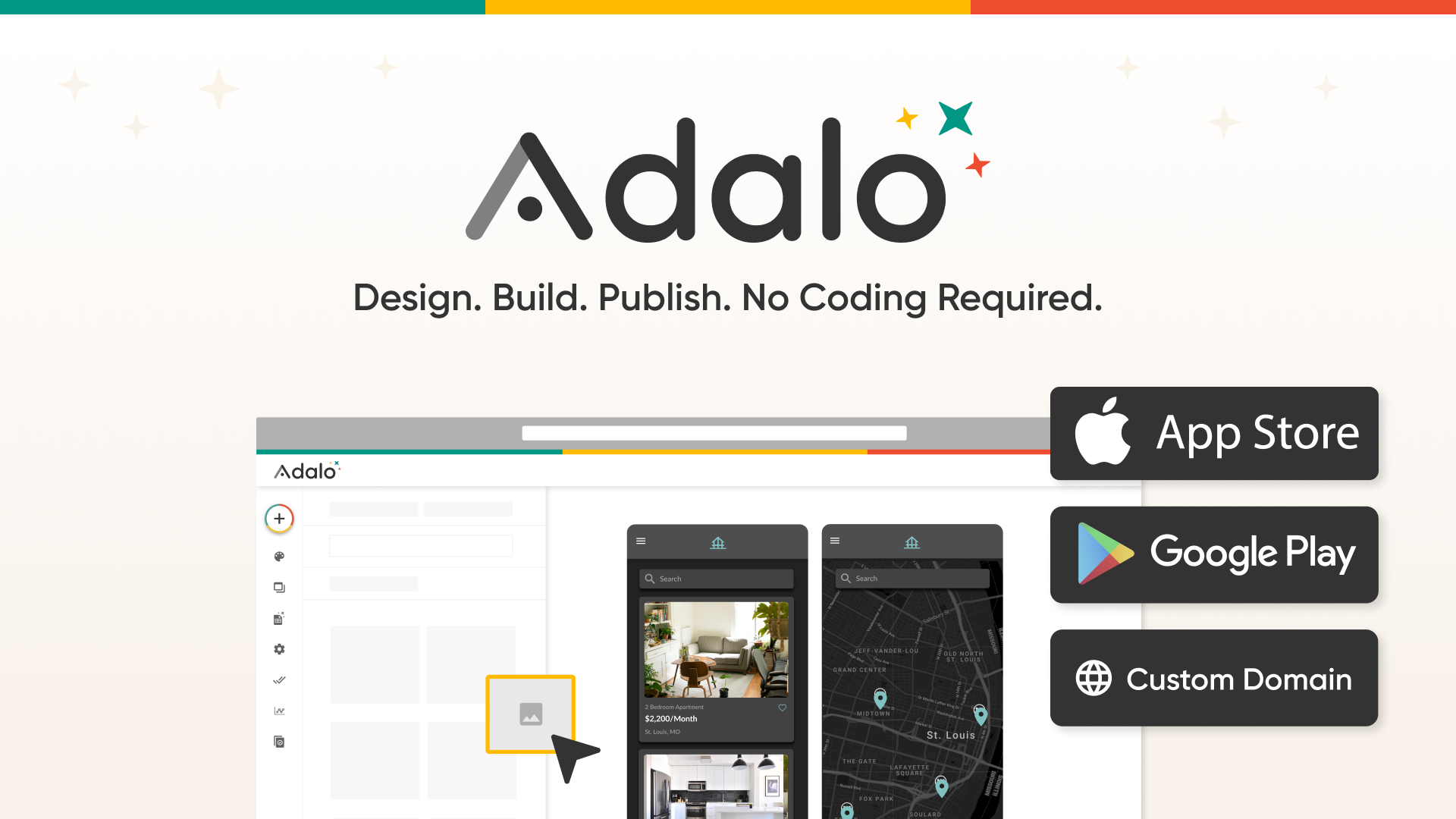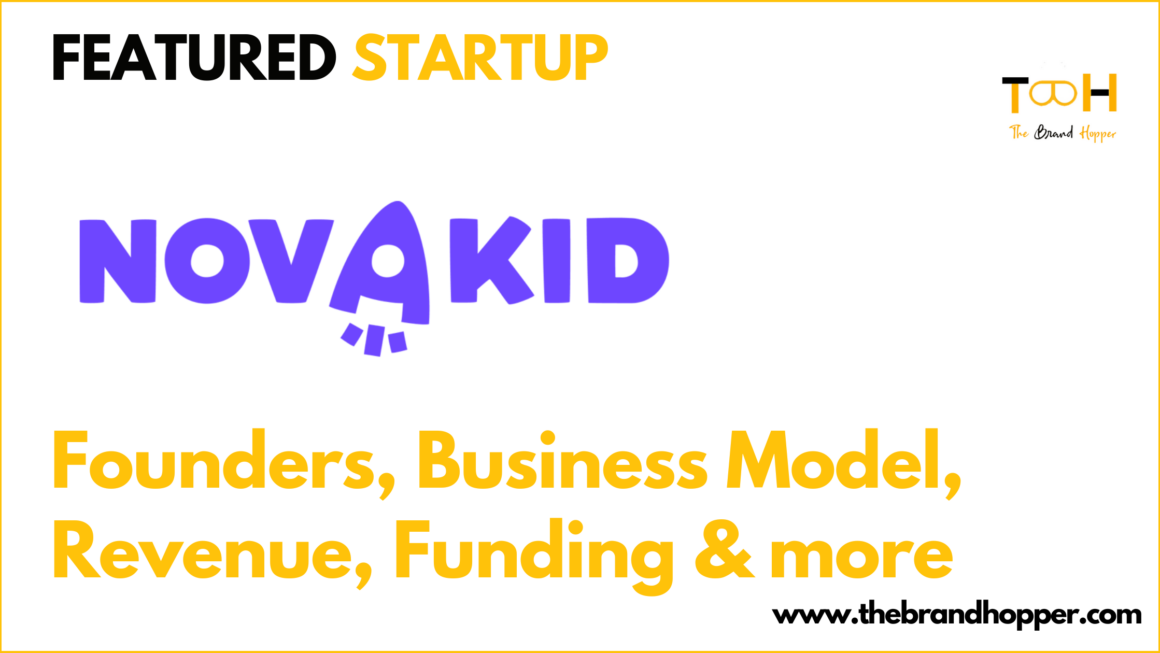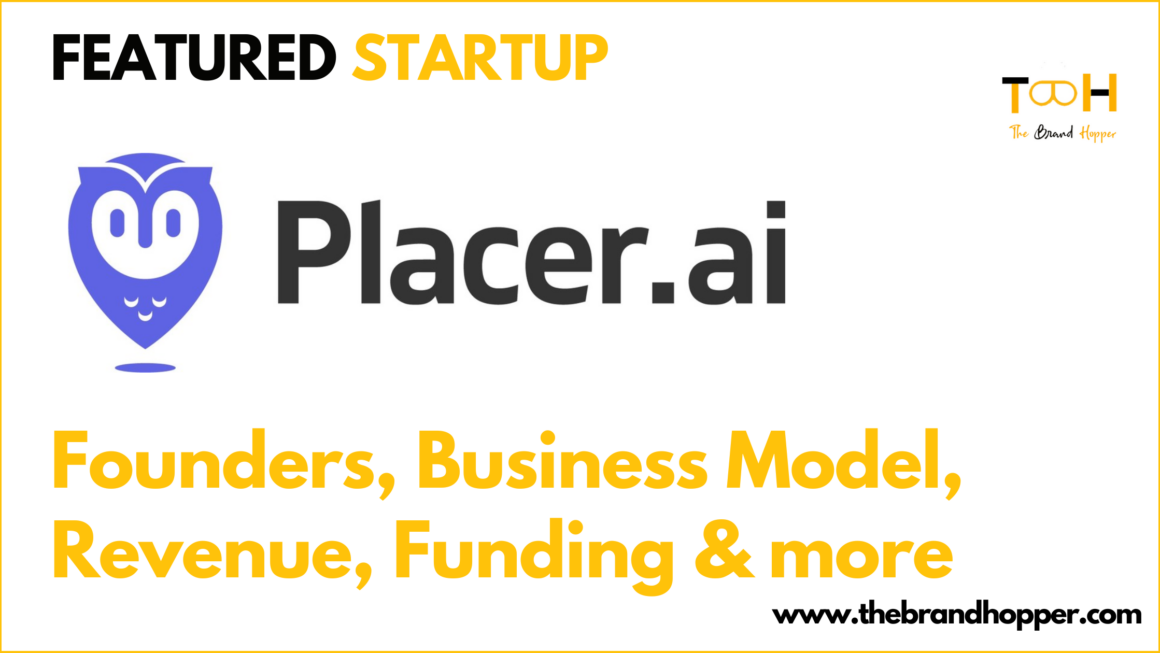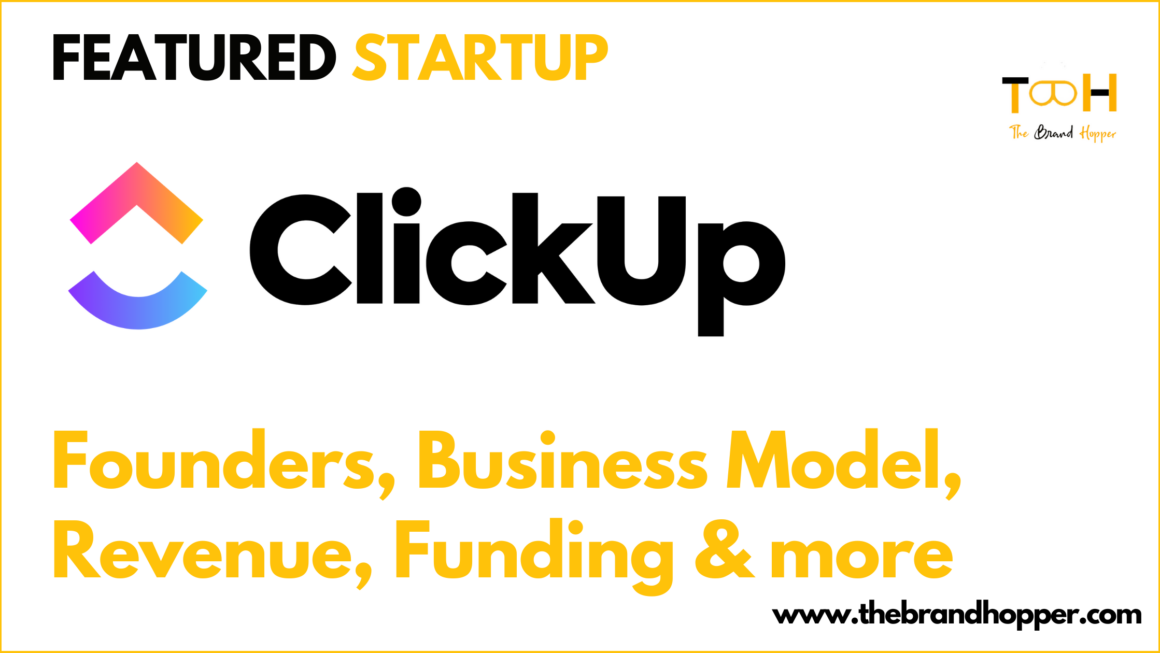Adalo is a no-code platform that allows users to create and deploy custom mobile applications without any prior coding experience. Founded in 2019 by David Adkin, Ben Haefele, and Jeremy Kannel, Adalo empowers individuals, startups, and businesses to bring their app ideas to life quickly and efficiently.
At its core, Adalo provides a drag-and-drop interface that enables users to visually design their app’s layout, screens, and functionality. Users can easily customize the app’s appearance by selecting pre-built components, such as buttons, forms, lists, and media players, and arranging them to create a seamless user experience. The platform offers a wide range of customization options, including colors, fonts, and icons, allowing users to tailor their app to their brand identity or specific requirements.
One of the key advantages of Adalo is its ability to integrate with various data sources and services. Users can connect their app to external APIs, databases, and other tools, enabling dynamic content and real-time updates within their app. This allows for functionalities such as user authentication, data storage, and third-party integrations, expanding the possibilities for app development.
Adalo offers a variety of templates and pre-built UI components, making it easier for users to start building their app. These templates provide a starting point for common app types, such as social media, e-commerce, fitness, and more. Users can customize these templates or build their app from scratch, depending on their specific needs and vision.
Once the app is designed and configured, Adalo provides a seamless deployment process. Users can publish their app to both iOS and Android platforms, generating native apps that can be downloaded and installed on users’ devices. Adalo handles the app compilation and submission process, simplifying the technical aspects of app deployment.
Adalo follows a subscription-based pricing model, offering different plans to cater to users with varying needs. The plans include different feature sets, such as the number of apps, database storage, and user authentication options. Users can choose a plan that aligns with their requirements and budget.
With its user-friendly interface, extensive customization options, and integration capabilities, Adalo has gained popularity among entrepreneurs, startups, and businesses seeking to create custom mobile applications. It eliminates the need for coding skills and expensive development resources, enabling a wider audience to turn their app ideas into reality. Adalo’s focus on simplicity, flexibility, and accessibility has positioned it as a leading no-code platform in the mobile app development space.
Founders and Founding Story of Adalo
The founding story of Adalo begins with three entrepreneurs: David Adkin, Ben Haefele, and Jeremy Kannel. In 2019, they set out to create a no-code platform that would empower individuals and businesses to build mobile applications without the need for coding skills or extensive technical knowledge.

David Adkin, the CEO of Adalo, had previous experience in building software products. He recognized the growing demand for mobile app development but noticed that the process was often complex and required specialized skills. Adkin believed that there should be a simpler way for anyone with an idea to bring it to life as a mobile app.
Adkin teamed up with Ben Haefele and Jeremy Kannel, who shared his vision and brought their expertise in design and engineering to the table. Together, they set out to create a platform that would democratize app development and remove the barriers that prevented individuals and businesses from realizing their app ideas.
The founding team recognized the potential of the no-code movement, which was gaining momentum at the time. No-code platforms allowed users to build software applications using visual interfaces and pre-built components, eliminating the need for coding. They believed that combining the power of no-code with mobile app development would revolutionize the industry.
Drawing inspiration from their own experiences and challenges faced during app development, Adkin, Haefele, and Kannel began working on what would eventually become Adalo. They focused on creating a platform that would offer a user-friendly interface, extensive customization options, and seamless integration capabilities.
The team spent months refining the platform, conducting user testing, and incorporating feedback to ensure that Adalo would meet the needs of its target audience. They prioritized simplicity, flexibility, and accessibility to ensure that users of all skill levels could create high-quality mobile applications.
In 2019, Adalo launched its platform to the public, making it available for individuals, startups, and businesses around the world. The platform gained attention and quickly gained traction within the no-code community, attracting users who were seeking a streamlined way to build mobile apps without writing code.
Since its launch, Adalo has continued to evolve and improve its platform based on user feedback and emerging market trends. The team behind Adalo remains committed to empowering individuals and businesses, enabling them to bring their app ideas to life and disrupt the traditional app development process.
Today, Adalo is recognized as a leading no-code platform for mobile app development, serving a wide range of users, from entrepreneurs and startups to established businesses. Its founding story showcases the power of innovation, collaboration, and the belief in making technology accessible to all, propelling Adalo forward as a pioneer in the no-code app development space.
Business Model of Adalo
The business model of Adalo revolves around providing a platform that enables users to create and deploy custom mobile applications without the need for coding. Adalo offers a range of features and services that cater to individuals, startups, and businesses looking to develop mobile apps efficiently. Let’s dive into the key components of Adalo’s business model:
No-Code App Development Platform: Adalo operates as a no-code platform, allowing users to build mobile applications using visual interfaces and pre-built components. Users can create app layouts, screens, and functionality by dragging and dropping elements onto the canvas. This approach eliminates the need for coding skills and enables a wider audience to create mobile apps.
Freemium Pricing Model: Adalo follows a freemium pricing model, offering both free and paid plans. The free plan allows users to create and test their apps with limited features and includes Adalo branding. Paid plans provide additional features, customization options, and the ability to remove branding. The availability of free plans helps attract and onboard users while the paid plans generate revenue.
Subscription-based Revenue Model: Adalo’s revenue model is primarily based on subscriptions. Users can choose from different subscription tiers based on their requirements, such as the number of apps, app features, and additional services. Subscriptions provide recurring revenue for Adalo, allowing users to access premium features and ongoing platform improvements.
App Deployment Services: Adalo facilitates the deployment of mobile applications to the iOS and Android platforms. Once users have completed app development, they can publish their apps directly to app stores through Adalo’s platform. This streamlines the deployment process, eliminating the need for users to manage complex technical aspects themselves.
Add-On Services: In addition to the core app development platform, Adalo offers add-on services that further enhance the app-building experience. These services include advanced features like user authentication, database integrations, third-party API connections, analytics, and more. These add-on services are available at an additional cost, generating revenue for Adalo.
Partner Integrations: Adalo has established partnerships and integrations with other tools and services, expanding its ecosystem and providing users with more options and capabilities. This includes integrations with popular platforms like Zapier, allowing users to connect their apps with various third-party applications and services.
Community Support and Resources: Adalo fosters a strong community of users and provides support through forums, documentation, tutorials, and webinars. The community aspect helps users share knowledge, collaborate, and seek assistance from fellow users. Additionally, Adalo offers premium support and consulting services, generating additional revenue streams.
By combining the ease and accessibility of no-code app development with a freemium subscription model, Adalo caters to a broad user base, including individuals, startups, and businesses of all sizes. Its revenue streams primarily come from subscriptions, add-on services, and partnerships. Adalo’s focus on user-friendly app creation, continuous platform improvements, and a strong support ecosystem has positioned it as a leading player in the no-code app development space.
Revenue Streams of Adalo
Adalo generates revenue through various streams that support its no-code app development platform and ecosystem. Let’s delve into the specific revenue streams of Adalo in detail:
Subscription Plans: Adalo offers a range of subscription plans that provide users with access to advanced features, customization options, and enhanced support. These subscription plans operate on a recurring revenue model, generating regular income for the company. The plans are tiered, offering different levels of functionality and scalability based on the users’ needs. The paid subscriptions unlock additional features and allow users to create and manage multiple apps, providing added value and generating revenue for Adalo.
Add-On Services: Adalo offers add-on services that enhance the functionality and capabilities of the platform. These services are available at an additional cost and cater to users who require advanced features. Examples of add-on services include user authentication, database integrations, third-party API connections, analytics, and other premium features. By offering these add-on services, Adalo creates additional revenue streams beyond the basic subscription plans.
Enterprise Solutions: Adalo provides enterprise solutions tailored to the specific needs of larger organizations. These solutions often include customizations, dedicated support, and additional services to meet the unique requirements of enterprise clients. Enterprise solutions typically involve negotiated pricing and longer-term contracts, generating substantial revenue for Adalo.
Partner Integrations: Adalo has established partnerships and integrations with other tools and services, expanding its ecosystem and providing users with more options and capabilities. Through these partnerships, Adalo may generate revenue through referral or affiliate programs. For instance, Adalo could earn a commission when users subscribe to partner services through their platform. These partnerships can contribute to Adalo’s overall revenue.
Consulting and Professional Services: Adalo offers consulting and professional services to assist users who require additional guidance or want to leverage Adalo’s expertise for specific projects. These services may include app development, customization, training, and support. Consulting and professional services provide an additional revenue stream for Adalo while delivering value-added services to users seeking personalized assistance.
It’s important to note that the specific revenue streams of Adalo may evolve over time as the platform continues to grow and adapt to user needs. Adalo’s focus on providing a robust no-code app development platform, coupled with its subscription plans, add-on services, enterprise solutions, partner integrations, consulting, and potential advertising opportunities, positions the company to generate sustainable revenue while empowering users to build mobile applications efficiently.
Website – Adalo
Also Read: Business Model and Revenue Streams of Clockify
To read more content like this, subscribe to our newsletter




